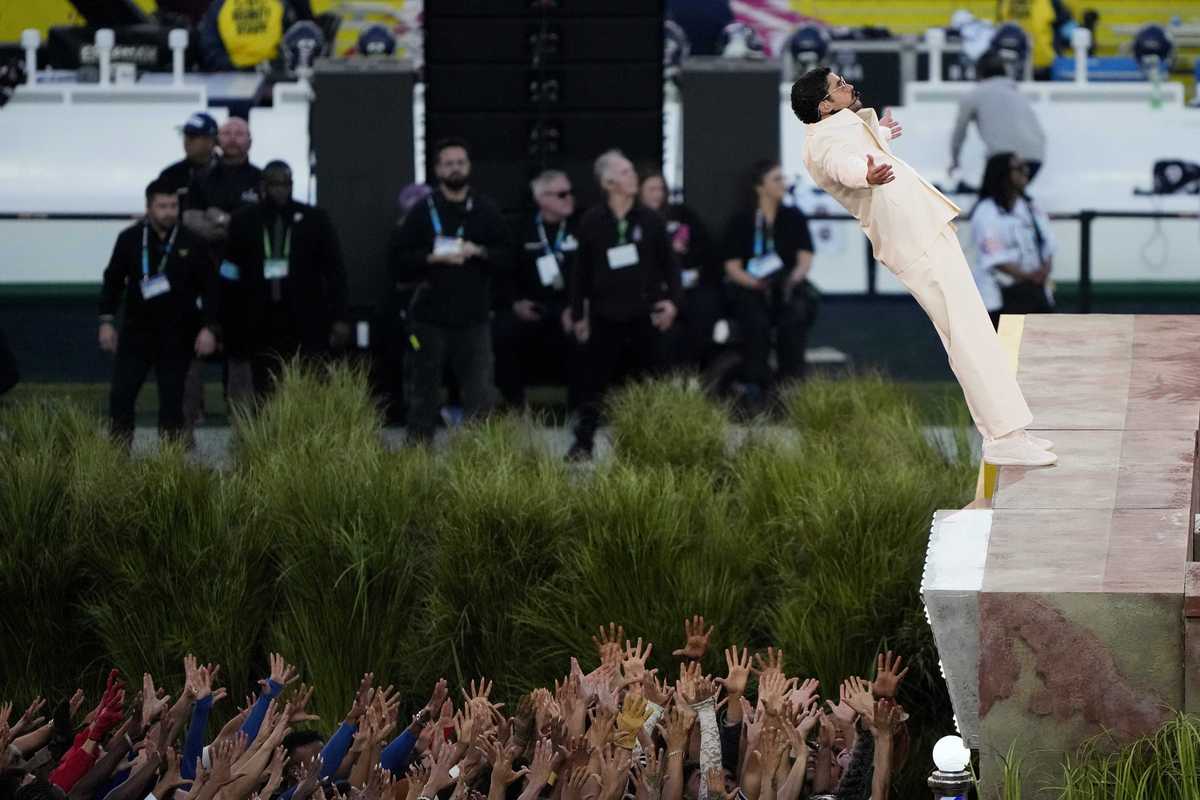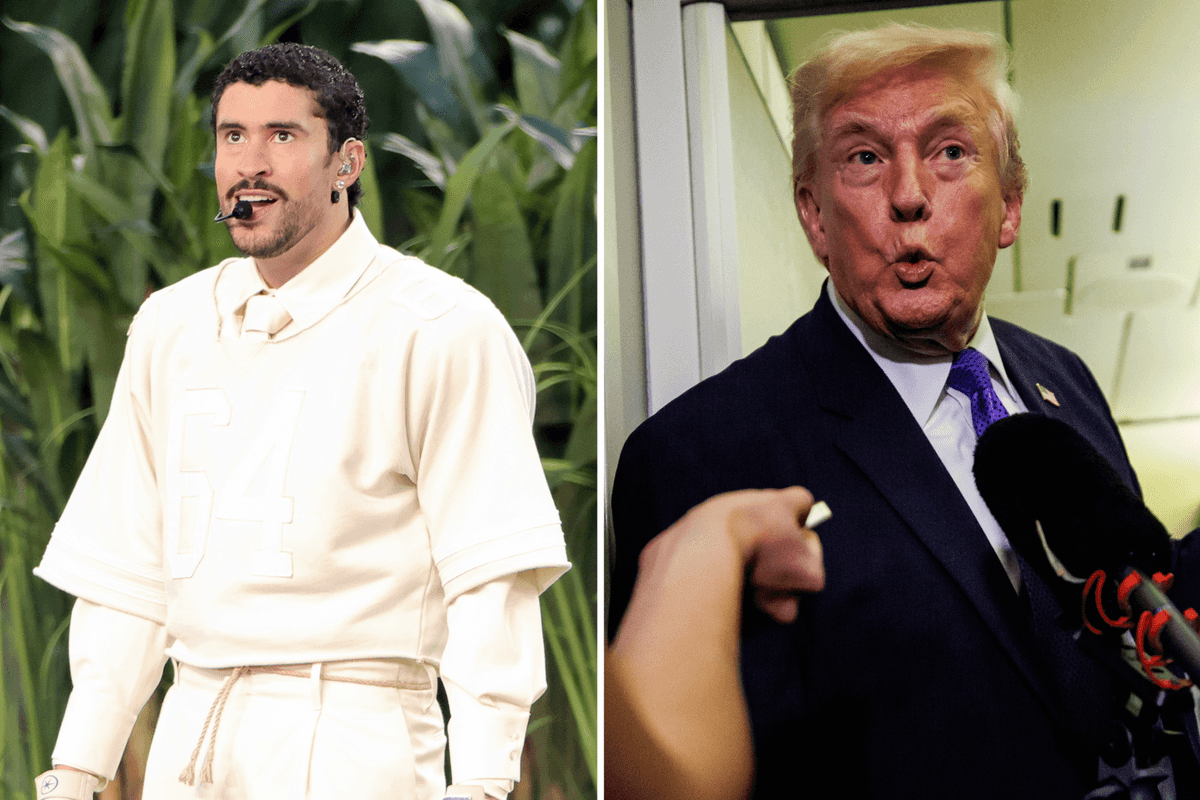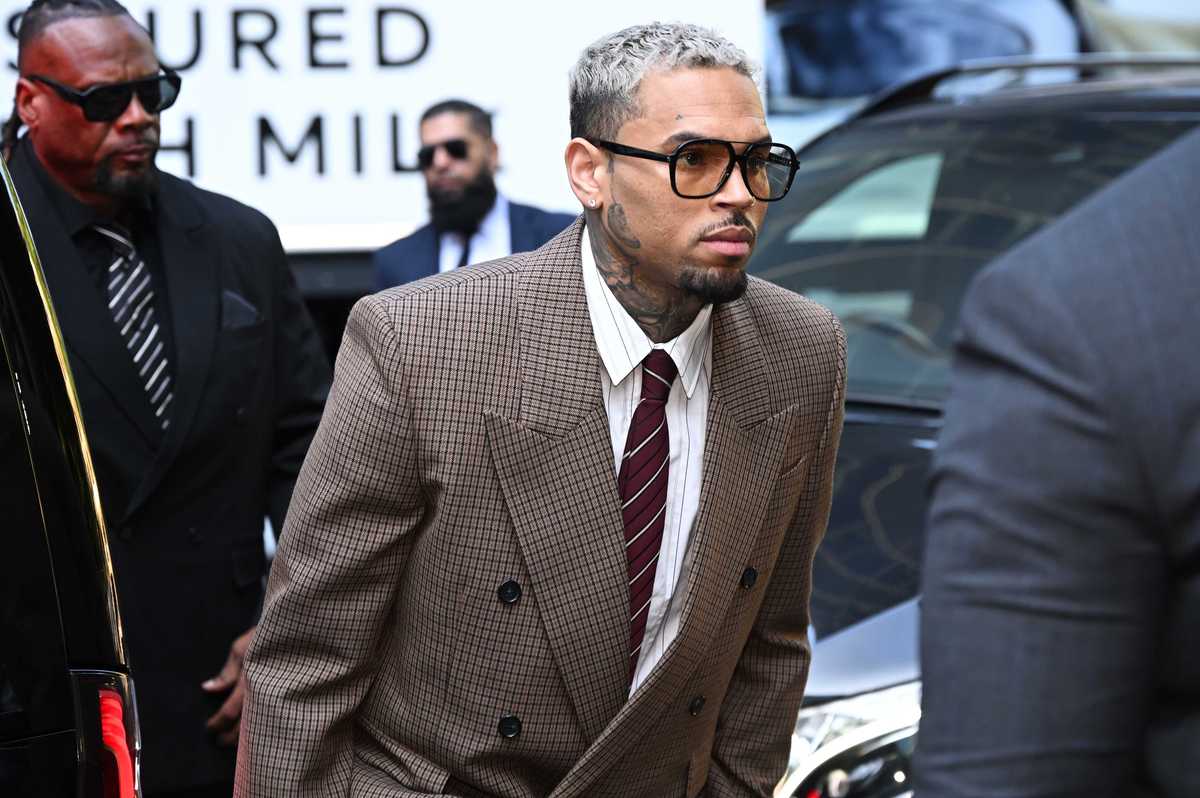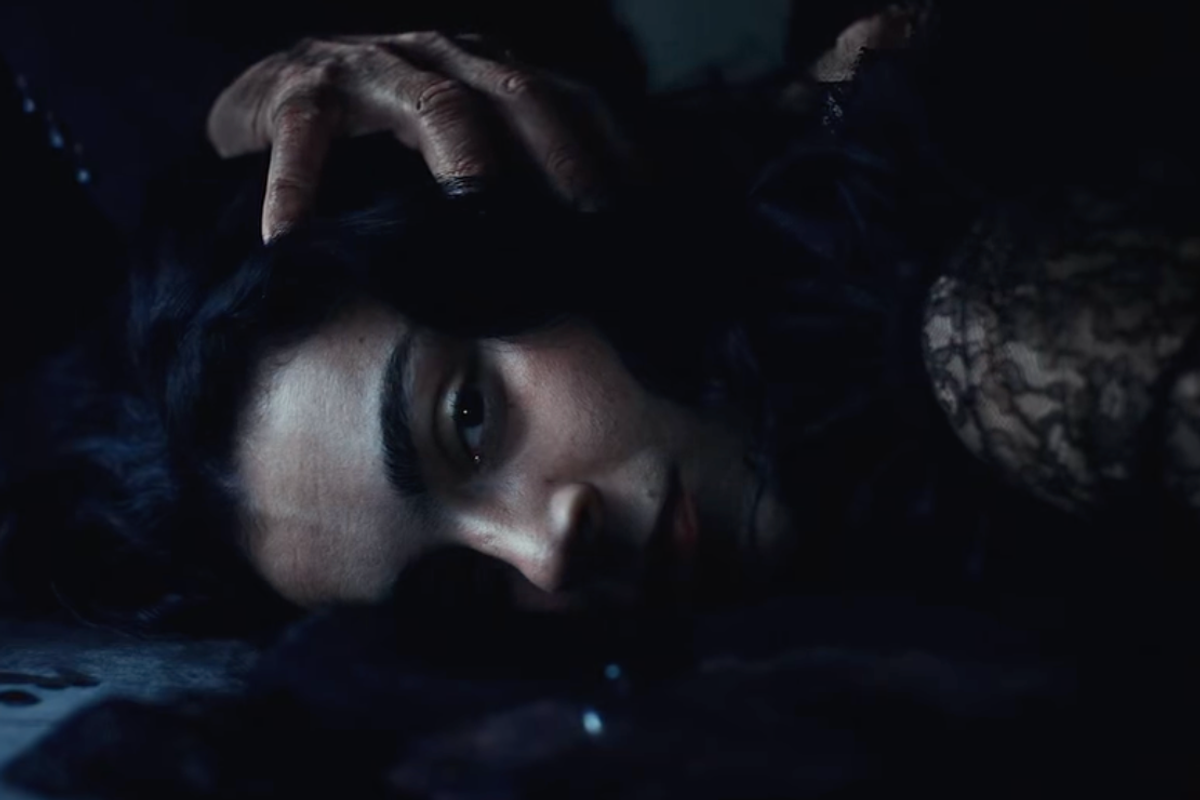News
Jessica Brown
Feb 07, 2017
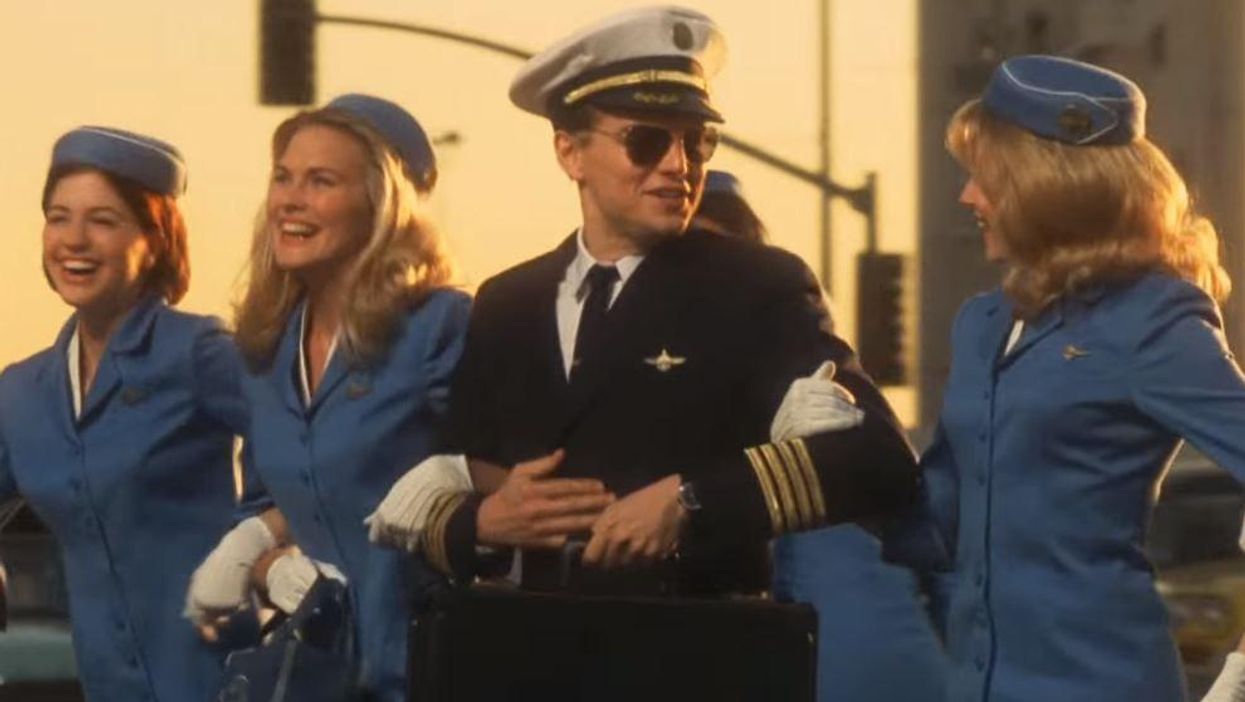
Picture:
F2011/YouTube Screengrab
Being on the receiving end of your own job is a strange thought. Although, even weirder than a dentist going to get a filling, or a waitress being served in a restaurant, is a pilot being a passenger on a plane.
Pilots have taken to Quora to share what goes through their mind when they’re in the back seat – and tell the rest of us what we might be missing.
They know when something is wrong.
Commercial pilot Alan Matthews wrote:
I was on a routine flight into Miami a couple of months ago and as we made the usual turn onto downwind with the runway on our left I anticipated the next turn to the left onto what's called base leg... usually when the runway's over your left shoulder.
The left turn didn't happen. Instead we stayed at the same altitude, extended the downwind and then turned right, away from the runway. I immediately knew something was up. Extending downwind for spacing purposes can be normal. Turning away from the airport was unusual.
It turned out that we had a split flap. One flap was working and one wasn't so we would land with no flaps. Not a big deal but we had to wait around for the airport to get rescue equipment onto the field, the pilots had to review the no flap landing and it all took a little longer than usual.
They pay attention to safety
John Chesire, retired airline captain, wrote:
I always look around to find the nearest emergency exit. Then I count the number of seats between me and that exit. It only takes a quick glance.
I do this so if ever necessary, I can in the dark, or under water, or if there is smoke, or if upside down, I know beforehand where the exit is, and I can blindly count the number of seats by touch to reach that emergency exit row, because I have counted them. It's quick and easy to do, every time.
They speak up
Robin Brewer, pilot, wrote:
Looking out the windows at the wings and engines before the flight. I may not know how to fly that particular aircraft, but I know what normal is. I would absolutely speak up and stop the flight if I saw something out of place. Whereas before I was a pilot, I might have seen something that looked out of place and shrugged it off and assumed it to be normal.
But they also trust the pilot
Tom Farrier, former director of safety for the Air Transport Association wrote:
Sounds are always useful, but a passenger cabin often is pretty isolated from any sounds that might be indicative of a problem. Smells, on the other hand, travel around quite freely, and some (e.g., fuel, hydraulic fluid, superheated bleed air) are pretty distinctive.
An unexpected, significant shift in the angle of the Sun can be your first sign that a course change is being made. Lots of chiming summoning the flight attendants to the intercom is another cue worth noting.
All this said, however, the question then becomes what to do with your knowledge. That really is the toughest part of any unusual situation. I trust pilots who have been entrusted with the lives of others on commercial air carriers.
More: Pilots reveal the 7 most bizarre things they've ever seen while flying
Top 100
The Conversation (0)
